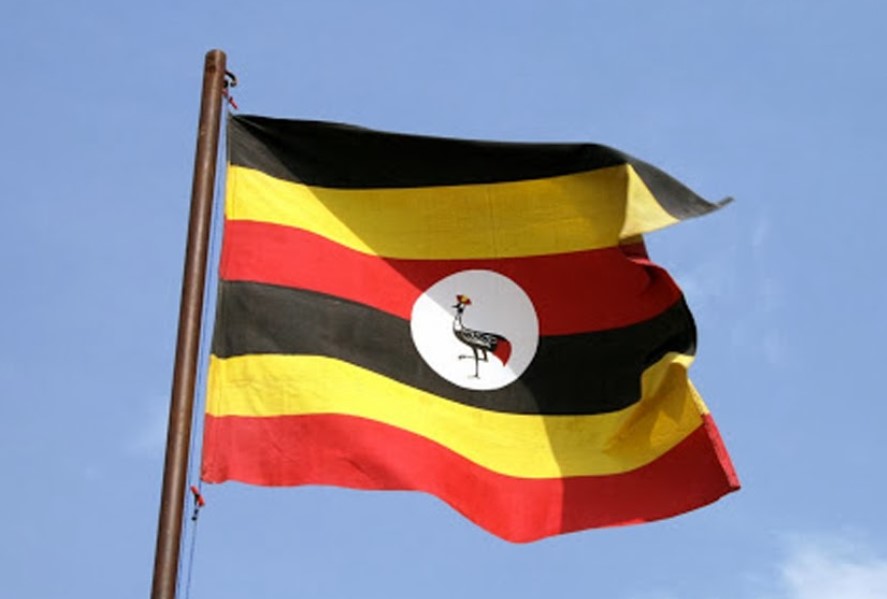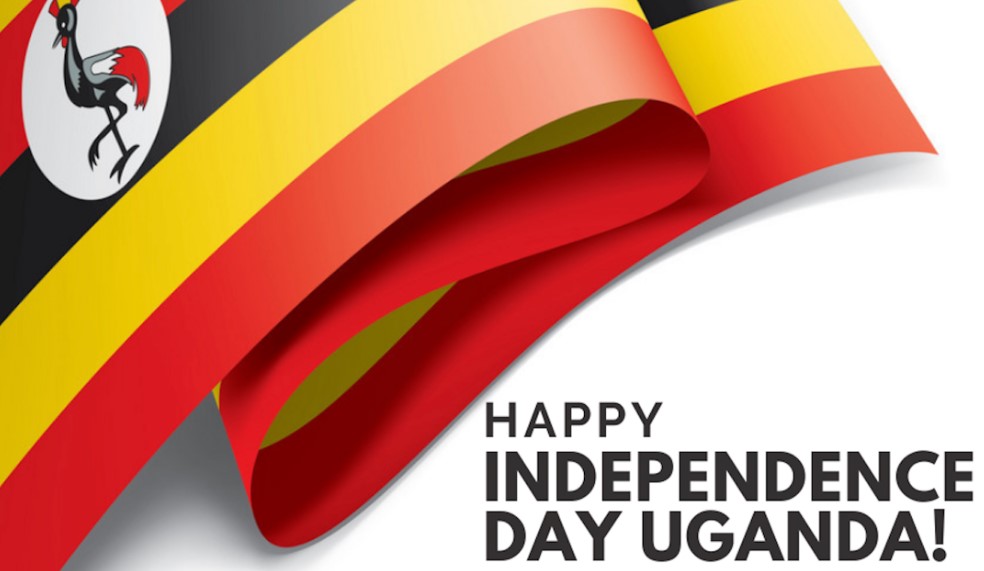Uganda’s Independence: A Journey of Liberation and Nation-Building – Uganda’s road to independence was marked by a tumultuous history, yet it stands as a beacon of hope and resilience in the African continent. This East African nation, with its diverse cultures, languages, and landscapes, had a rich heritage long before the arrival of European colonial powers.
The struggle for self-determination and eventual independence was a complex and arduous journey, with significant implications for the nation’s future. In this essay, we will delve into the historical context, key milestones, and the legacy of Uganda’s independence.
Pre-Colonial Uganda
Before the colonial era, Uganda was home to a multitude of indigenous tribes and kingdoms, each with its own unique customs, languages, and social structures. The most prominent of these kingdoms were Buganda, Ankole, Toro, and Bunyoro-Kitara.
The kingdoms were characterized by complex political and administrative systems, vibrant trade networks, and a strong sense of identity and culture. These ancient kingdoms laid the foundation for modern Uganda’s diverse society.
Colonial Rule and Struggle for Independence
The late 19th century saw the arrival of European explorers and missionaries, setting the stage for Uganda’s colonization. The scramble for Africa among European powers led to Uganda becoming a British protectorate. The British imperialists introduced their political and administrative systems, exploiting local resources and labor for their economic benefit.
This period of colonization saw significant changes and challenges in Uganda. The Baganda, the largest ethnic group, were given preferential treatment by the British colonial authorities, which stirred tensions with other ethnic groups. This division would later have a lasting impact on Uganda’s post-independence political landscape.
In the early 20th century, the demand for self-determination started to gain momentum. Leaders like Semei Kakungulu, Apolo Kivebulaya, and others began to voice the need for Ugandans to have a say in their own affairs. These early movements, though fragmented, set the stage for later, more organized efforts towards independence.
The Ugandan political landscape was further shaped by the East African Campaign during World War I when British and colonial forces fought against German forces. Uganda was a battleground during this conflict, and its strategic importance became more evident.
Post-war developments saw the emergence of modern political parties, such as the Uganda National Congress (UNC) and the Democratic Party (DP), which would play crucial roles in the struggle for independence.
The Path to Independence
The period leading up to Uganda’s independence was marked by political negotiations, constitutional reforms, and growing political consciousness. The 1945 Moyne Commission Report was a turning point in addressing the concerns of Ugandans regarding colonial rule and their future.
It recommended reforms that included limited African representation in the legislative council and increased African participation in decision-making.
In 1955, the Lancaster House Conference in London set the stage for constitutional reforms that paved the way for Uganda’s independence. This process led to the formation of the first African-led government under the leadership of Milton Obote and Benedicto Kiwanuka in 1962.
Independence Day
On October 9, 1962, Uganda officially gained its independence from British colonial rule. The atmosphere in the capital city, Kampala, was one of jubilation and hope. The Union Jack was lowered, and the new Ugandan flag, with its black, yellow, and red stripes, was hoisted in its place.
Sir Walter Coutts, the last British Governor of Uganda, handed over power to the newly elected Prime Minister, Milton Obote, and the nation embarked on a new journey as a sovereign state. The occasion was marked by celebrations, parades, and speeches that emphasized the importance of unity and nation-building.
Challenges in the Post-Independence Era
Despite the joyous moment of independence, Uganda faced numerous challenges in the post-colonial period. The legacy of colonialism, including ethnic divisions and disparities in development, continued to plague the country. The Buganda Crisis of 1966, where Obote abolished the kingdom and exiled the Kabaka (king), led to political turmoil and violence.
The subsequent rule of Idi Amin, from 1971 to 1979, was marked by brutality, human rights abuses, and economic mismanagement. Amin’s regime, with its anti-Western rhetoric and erratic behavior, isolated Uganda on the international stage.
The 1980s saw political instability, with the rise of Yoweri Museveni’s National Resistance Army (NRA) and a series of coups. The NRA’s eventual victory in 1986 and Museveni’s ascent to power marked a turning point in Uganda’s history.
Recovery and Progress
Under President Museveni’s leadership, Uganda has made significant strides in terms of political stability, economic growth, and social development. The country implemented a new constitution in 1995, which introduced a multi-party political system, a move away from the one-party rule of the previous decades. This allowed for more political pluralism and competitive elections.
Uganda’s economy has also seen substantial growth, driven by a variety of factors, including agricultural reforms, infrastructure development, and foreign investment. The country’s entrepreneurial spirit and thriving business sector have contributed to a burgeoning middle class.
The education sector has seen improvements with increased access to quality education, and the healthcare system has been expanded to reach underserved populations. Furthermore, the government has made efforts to improve infrastructure, such as roads and electricity, to foster economic development.
Challenges and the Road Ahead
While Uganda has made progress, it still faces numerous challenges. Corruption remains a significant issue, affecting all levels of society and government. Additionally, the unequal distribution of resources and opportunities, along with ethnic divisions, continues to pose threats to national unity.
Uganda has also faced criticism for its human rights record, particularly in relation to freedom of speech and political dissent. International scrutiny over these issues has increased, potentially affecting the country’s international standing.
Conclusion
Uganda’s journey to independence was marked by a complex interplay of historical, political, and social factors. The country’s diverse ethnic and cultural landscape, coupled with colonial legacies, shaped its path to nationhood. While the road to independence was challenging and often turbulent, Uganda’s resilient spirit and determination eventually led to sovereignty in 1962.
Since then, Uganda has experienced significant ups and downs, from political instability to economic growth. The nation’s ongoing story reflects the broader challenges faced by many African countries in the post-colonial era. As Uganda continues to navigate these challenges, its history serves as a reminder of the importance of unity, good governance, and inclusive development in building a brighter future.



Comment (0)